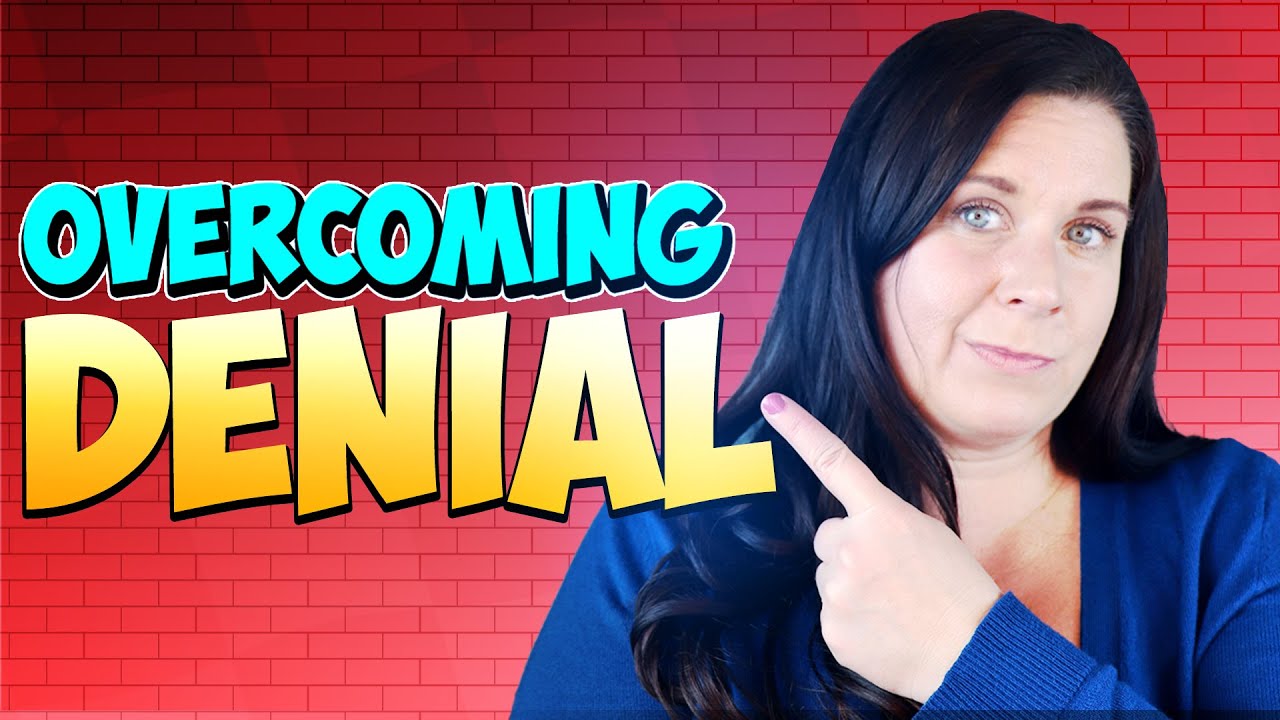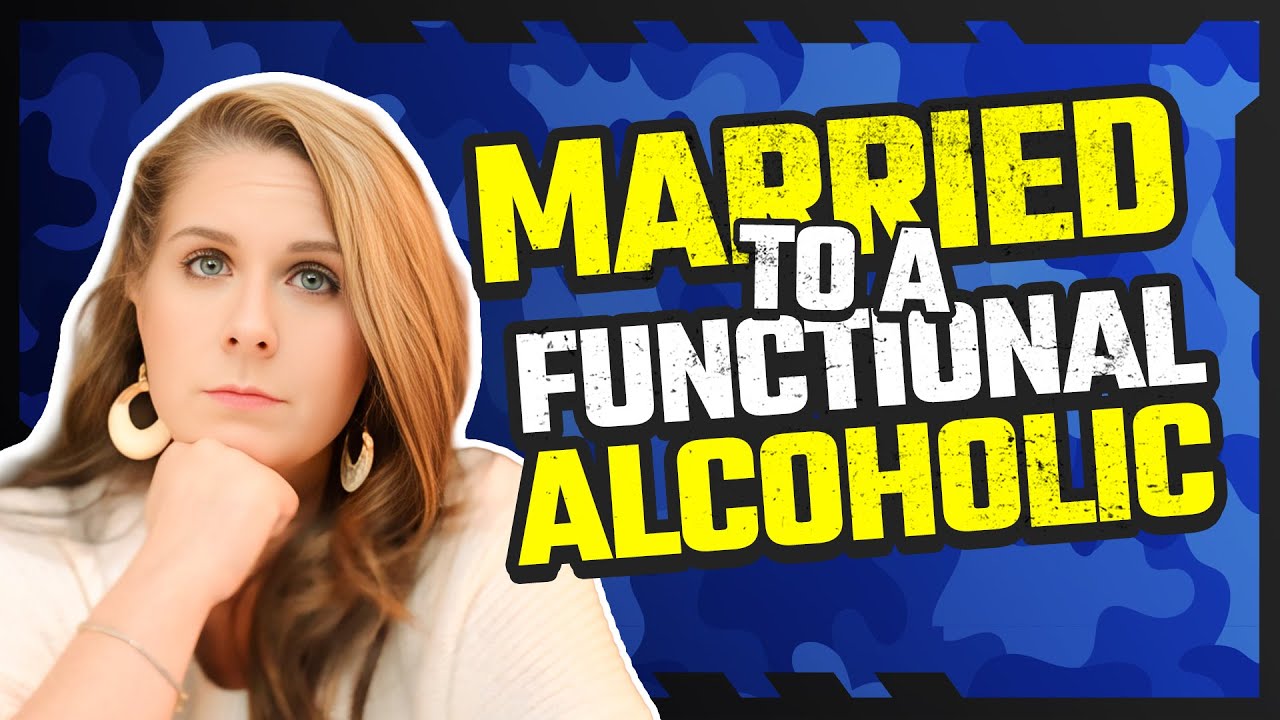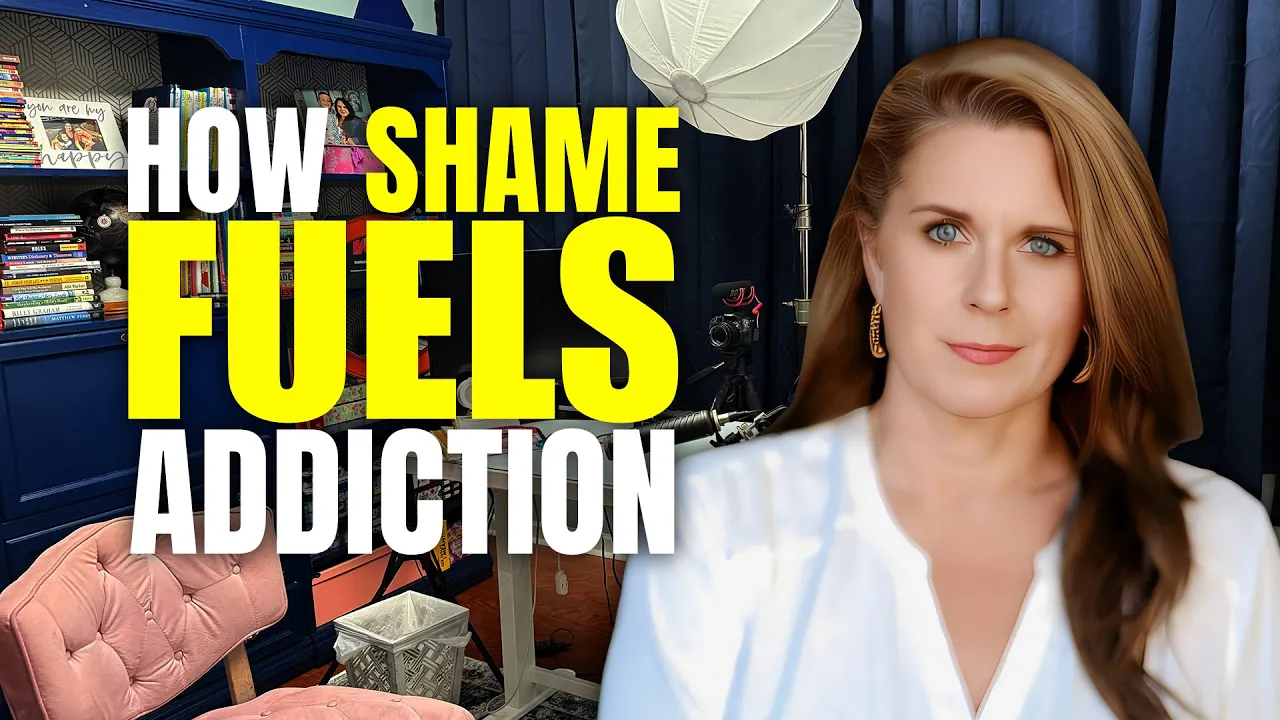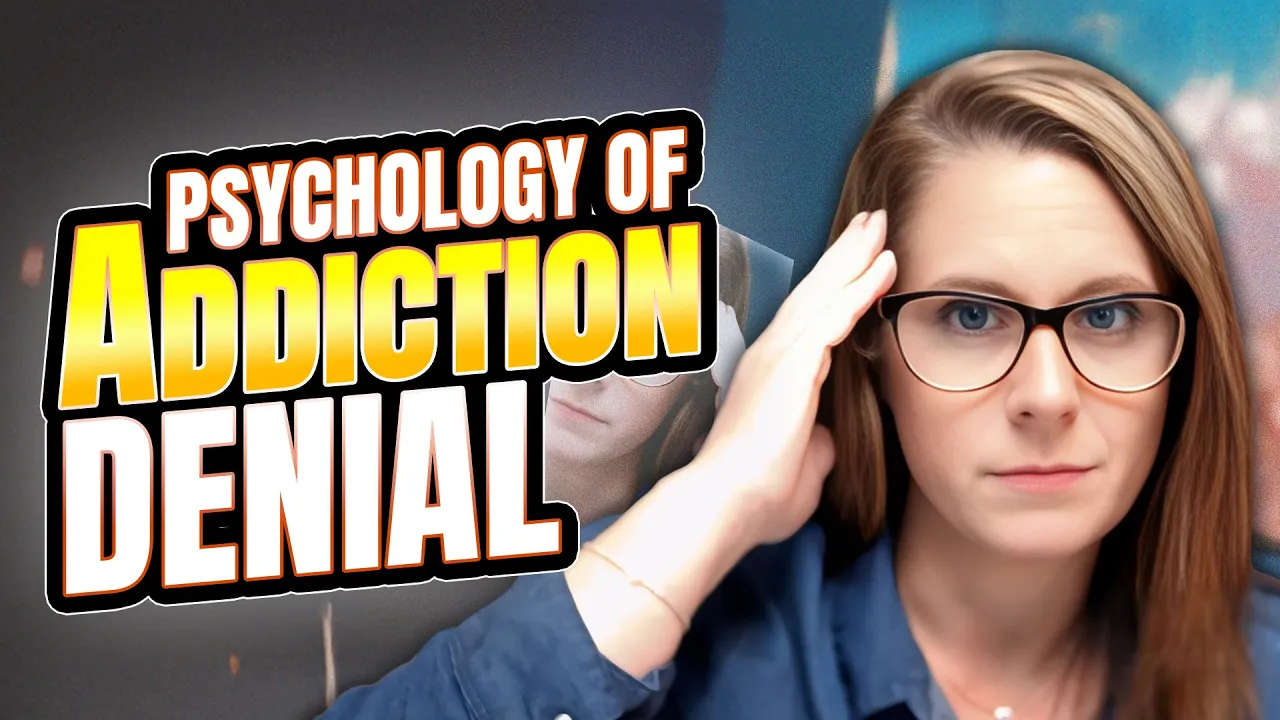Moderation Isn't Freedom, It's a Full Time Job
Why Moderating Your Drinking Is Often More Exhausting Than Quitting
When people first start questioning their drinking, moderation feels like the safest answer.
It feels reasonable. Measured. Responsible.
You tell yourself, I do not need to quit. I just need better rules.
Two drinks maximum. Only on weekends. Never before 5:00 PM.
On the surface, moderation sounds like freedom. But psychologically, moderation keeps alcohol at the center of your life. It keeps your brain engaged in a constant cycle of monitoring, evaluating, and negotiating. And most people do not realize how exhausting that becomes until they experience what it feels like when that mental noise finally stops.
This is something I see all the time in high functioning, intelligent, disciplined people. People like Marcus.
Marcus was a successful software engineer with a family and a stable life. He was not someone who looked out of control from the outside. But his wife noticed something important. He was less ...
Why They Won't Admit They Have a Problem
Functional Alcoholic Denial: Why They Say They’re “Fine” (and What Actually Breaks Through)
If you’re dealing with a functional alcoholic—a spouse, partner, adult child, or parent who “still goes to work” and “handles business”—you’ve probably had this same maddening thought:
How can they look you in the eye and act like nothing’s wrong?
Functional alcoholism comes with a very specific kind of denial, and it’s tougher to break through than most people realize. Not because you’re doing it wrong… but because two major roadblocks are working against you from the start.
In this post, we’re going to unpack:
-
Why denial is so strong with functional alcoholics
-
Why your reality and their reality don’t match (and never will without help)
-
Whether recording them “to show them” is a good idea
-
The most important key to creating real change—without it turning into a war
What is a functional alcoholic?
A functional alcoholic is someone whose drinking is causing harm—emo...
Amber Reacts | "Is alcohol ruining my marriage or is it just me?"
What It’s Really Like to Be Married to a Functional Alcoholic
Today, we’re diving into something raw, real, and painfully relatable — what it’s like to be married to a functional alcoholic.
These stories come from real Reddit users, and they show how addiction quietly progresses inside relationships that look “normal” on the outside. Each one captures a different stage — from subtle warning signs to emotional exhaustion.
If you’ve ever felt like you’re walking on eggshells, questioning your own reality, or carrying the weight of someone else’s drinking problem, you’ll probably see yourself somewhere in these stories.
Story 1: “Is Alcohol Ruining My Marriage, or Is It Just Me?”
A wife describes her husband of nine years — a man who started with a few beers a day and weekend binges that slowly turned into regular drinking. After multiple “cutback” talks and a near-divorce moment, he reduced his drinking… for a while.
But as she describes, “It’s creeping back up again — nine beers...
Why SHAME Keeps Someone STUCK in Addiction (and How to Break Free)
How Shame Fuels Addiction (and Keeps People in Denial)
Almost no one wakes up and says, “I think I’ll be the bad guy today.” In fact, most of us go through extraordinary lengths—often subconsciously—to avoid seeing ourselves as the villain. This is true for all of us, but it’s especially true for people struggling with addiction.
One of the biggest drivers behind addictive behavior is shame. The tricky part? Most people don’t even realize it’s there.
The Hidden Power of Shame
You probably know what shame feels like. But we’re usually not aware of when we’re experiencing it—especially in the moment. Shame tends to hang out under the surface, quietly influencing:
-
How we feel
-
How we see the world
-
The decisions we make
-
And ultimately… how we behave
When we don’t recognize shame, we naturally begin building psychological defenses to avoid it. Unfortunately, those same defense mechanisms are what keep people stuck in denial and trapped in the cycle of addict...
How DENIAL Is QUIETLY RUINING You | Part 1 of Denial Decoded Series
How to Understand and Handle Denial: A Game-Changer for Dealing With Addiction
If you’ve ever felt frustrated trying to help a loved one who just can’t see how bad things have gotten — or if you’ve caught yourself minimizing your own unhealthy behaviors — you’re not alone. There’s a powerful psychological concept that explains this all too well, and once you grasp it, it will forever change how you handle denial in yourself and in others.
Welcome to Put the Shovel Down
Hi, I’m Amber Hollingsworth, creator of Put the Shovel Down — the YouTube channel designed to help you master the science and psychology of addiction so you can stay five steps ahead. With over 20 years of experience helping individuals and families overcome addiction, I’m here to remind you: You are NOT powerless.
Today, we’re digging deep into a truth about denial that most people overlook — and how you can actually work with it, not against it.
The Fancy Word You Already Know: Cognitive Dissonance
Let’s get st...
This Is How Self-Pity & Victim Mindset Prevents You From Getting Sober
Breaking the Cycle: How Self-Pity Can Trigger Relapse and How to Stop It
You've probably heard the saying, "Pride comes before the fall." But when it comes to addiction recovery, I’d argue that *self-pity* comes before the fall. Of course, many factors can lead to relapse, but the biggest and final domino that usually topples is self-pity. This mindset can sneak in, quietly giving us permission to slip back into old habits.
Why Does Self-Pity Lead to Relapse?
It’s simple—stressful events or emotional triggers can't cause us to relapse by themselves. They can only push us toward relapse if we *let* them. And the most common way we give ourselves permission to use again is by falling into a victim mindset. This way of thinking allows us to justify and rationalize why we "deserve" to fall back into addiction.
So, in addiction recovery, it's crucial to learn how to recognize and combat this negative thinking. But why do we even fall into the trap of self-pity in the first place?
The...
Win Over Addiction With These Small But Powerful Habits
3 Simple Daily Rituals to Help You Maintain Sobriety: Tips from Amber Hollingsworth
Maintaining sobriety can feel like a daunting challenge, but doing a few simple daily rituals can make a significant difference in your recovery journey. In this blog post, we'll explore three effective habits that are easy to incorporate into your daily routine. Plus, we'll provide you with three free resources to support your journey and keep you on track.
1. Plan for Your Sobriety
When you commit to sobriety, it’s essential to plan how you’ll maintain it. Just like your addiction requires careful planning, so does your recovery. In the early stages, sobriety demands more effort and planning. Here’s how you can set yourself up for success:
- Create Accountability Set up systems to help you stay accountable. This could involve leaving cash and credit cards at home or choosing specific routes to avoid triggers.
- Prepare for Challenges: Plan activities that keep you engaged and away from temptation...
This Is Why People Can't Stop Drinking Alcohol
The Subtle Danger of Alcoholic Denial: Why It’s Different and How to Recognize It
Denial is a common trait among those struggling with addiction, but alcoholic denial is a unique beast altogether. It's trickier to identify and even more challenging to confront. If you're wondering why someone with a drinking problem doesn't see it—or if you suspect you might be in denial yourself—understanding these nuances can be the first step toward change.
In this post, we’ll explore 6 reasons why alcoholic denial differs from denial in other types of addiction and how it often goes unnoticed.
1. High Functionality Masks the Problem
One of the biggest reasons alcoholics often don’t realize they have a significant problem is because they’re highly functional in many areas of life. Unlike other addictions where the effects are more immediate and visible, alcohol can allow a person to maintain a seemingly normal life for years. They might hold down a demanding job, manage their household, or even ...
Amber's Top 10 Strategies For Getting An Alcoholic Out Of Denial
Strategies to Help a Loved One Overcome Alcohol Denial
Dealing with a loved one's alcoholism can be challenging, especially when they are in denial. In this blog post, we'll explore ten effective strategies to help someone confront their alcohol issues. These tips, compiled from the Put The Shovel Down YouTube channel, emphasize the importance of empathy, understanding, and subtlety in approaching a sensitive situation.
1. Turn in Your Detective Badge:
If you suspect a loved one has an alcohol problem, avoid becoming overly preoccupied with proving it. Constantly questioning and spying can lead to trust issues and a cat-and-mouse game. Instead, focus on building open communication and trust.
2. You Don't Need a Full Confession:
Understand that individuals with alcohol use disorders will manifest their struggles through unmanageability. Avoid trying to force confessions, as it may backfire. Allow them to recognize the need for change on their own terms.
3. Model Humility:
Admitting ...
Is Your Spouse In Denial About Their Alcohol Addiction?
Cracking the Code: A Real Talk Guide to Helping Your Loved One Overcome Addiction
Today's post is a deep dive into a topic that hits close to home for many of us: helping someone we care about overcome addiction. I recently discussed this on my YouTube channel, emphasizing the importance of not just knowing the steps to get sober but understanding how to get someone to want to take those steps. It's not about being a counselor; it's about being a genuine support system. Let's break down the key insights.
Step 1: Ditch the Bad Guy Role
The first challenge is stepping out of the "bad guy" role. When dealing with someone struggling with addiction, it's common to feel the urge to come down hard on them. But the magic happens when you align with them unexpectedly. Don't play into the expected anger; instead, be on their side. Acknowledge the unfairness of their situation because, well, it's true.
Step 2: Become the Trusted Advisor
Next up is earning the role of the trusted advisor. It's ...










